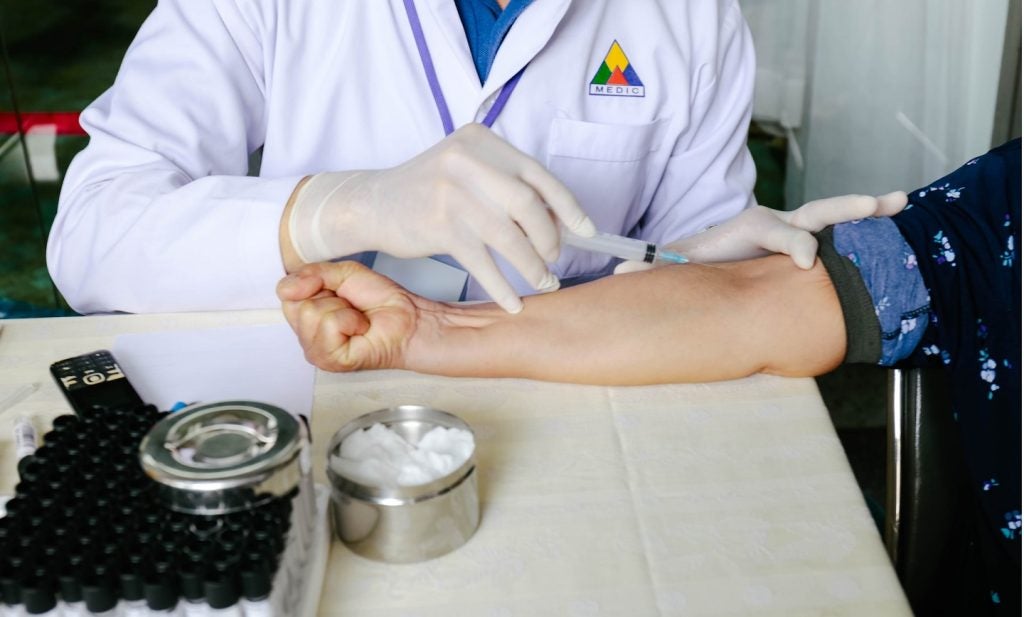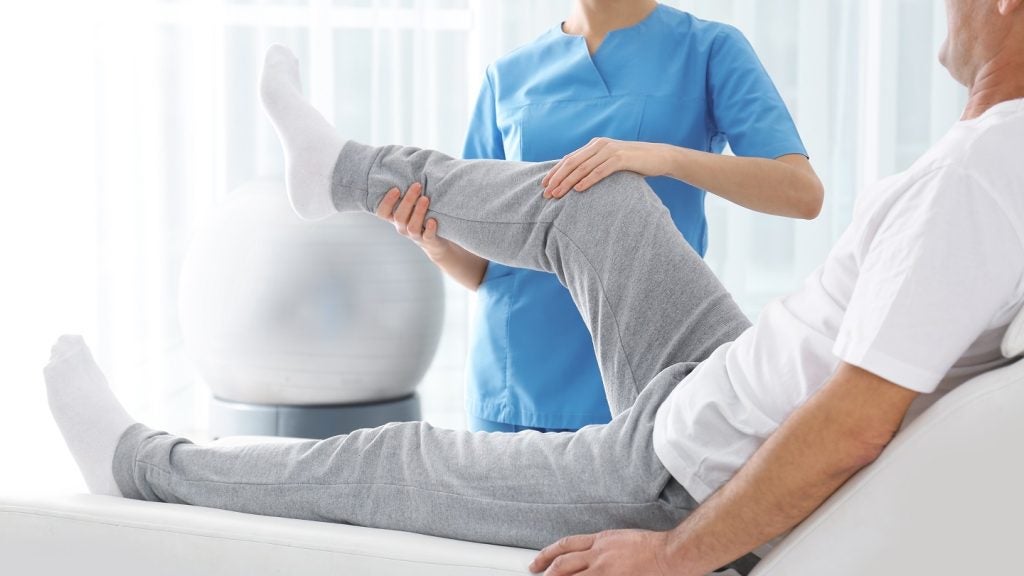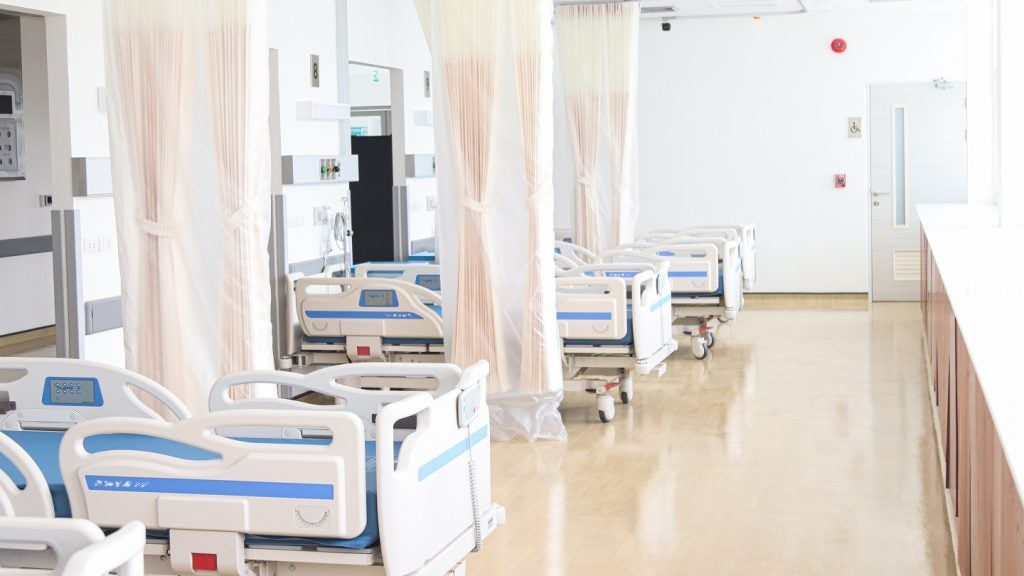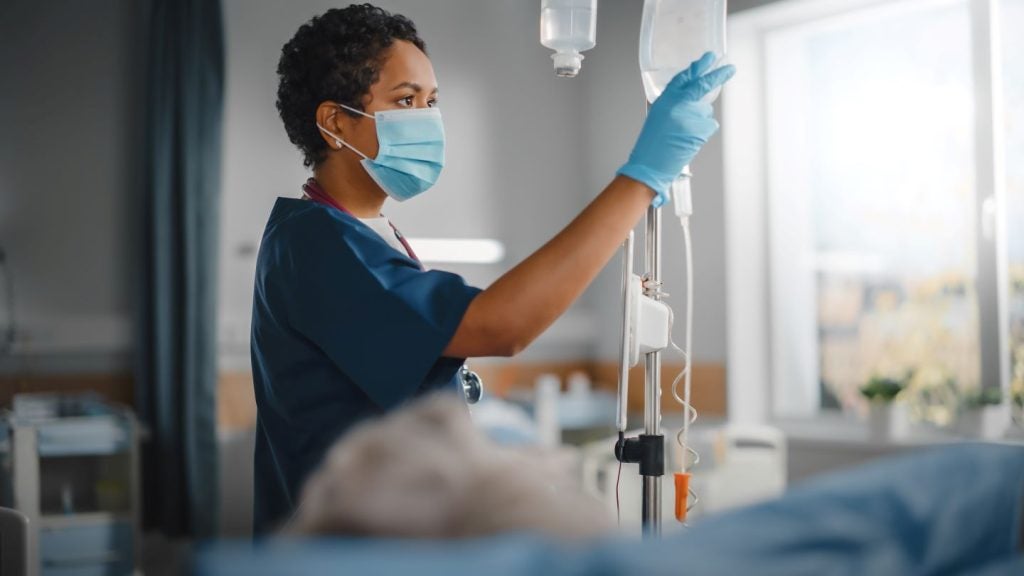The NHS in the UK is taking the help of artificial intelligence (AI) to detect risks early in patients and reduce the number of admissions at hospitals this winter.
With this initiative, the government-run healthcare system aims to avert "avoidable" accident and emergency (A&E) admissions.
NHS England director of System Transformation Matt Neligan stated: “Using joined-up data across integrated care systems gives us a much deeper insight into the full range of needs for different population groups and the drivers of health inequalities.”
AI technology is being piloted in Buckinghamshire, where the NHS looks to track the eating and drinking habits of patients through AI connected to electronic sensors on kettles and fridges.
The problems will be flagged with a non-clinical onward care team.
This team will step in to communicate with patients and prevent the concern from escalating. According to NHS, this will resolve 95% of the patients’ concerns.
In Somerset, four GP practices are testing an AI system that can flag patients with complex issues, at risk of admission or who rarely contact their GP.
Health coaches, nurses, or GPs can get in touch with the people identified at risk.
These people will be offered preventive care such as referrals to specialist doctors and links to local voluntary groups.
In certain areas in Birmingham, an algorithm to forecast the top 5% at risk of hospital admissions or visits is being trialled.
This will enable staff to provide medication reviews and social care assessments to prevent admissions.
Through this move, NHS intends to prevent 23,000 GP appointments, 4,500 unnecessary A&E attendances and 17,000 overnight hospital stays, over the coming two years.
NHS CEO Amanda Pritchard said: “They are identifying the most at-risk or vulnerable patients and wider issues affecting their health, so teams can get to them early and help avoid an unnecessary visit to hospital – not only are these measures better for patients who can be cared for at home where they feel most comfortable but they are good for the NHS too, particularly when we know that this winter is likely to be incredibly challenging."
















